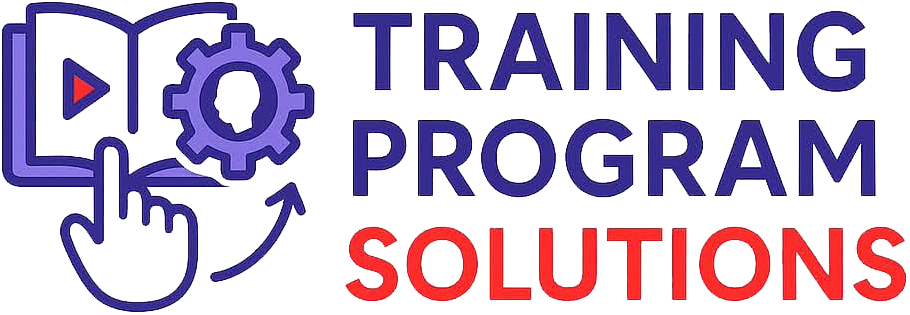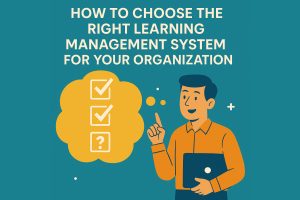Employee engagement is one of the most important drivers of business success. Engaged employees are more productive, creative, and committed to the organization’s goals. But how can organizations foster greater engagement among their workforce? The answer lies in providing customized training programs that are tailored to meet employees’ needs, interests, and career aspirations.
Custom training programs go beyond one-size-fits-all solutions. They are designed to address specific skills gaps, align with organizational goals, and offer a more personalized learning experience for employees. Here are five ways custom training programs can improve employee engagement:
1. Tailoring Training to Individual Learning Styles
Every employee has a unique learning style—some prefer hands-on experiences, others excel in self-paced learning, while some thrive in collaborative environments. Custom training programs allow organizations to cater to these different learning preferences, ensuring that employees can learn in the way that suits them best.
By offering a variety of training formats, such as video tutorials, interactive simulations, or group-based activities, you can ensure that employees are fully engaged and able to absorb the material effectively. Personalization of learning content—such as offering different paths based on skill levels or career development goals—further enhances engagement, as employees feel the training is designed specifically for their needs.
2. Focusing on Career Development and Growth
One of the key reasons employees disengage from their work is the lack of growth opportunities. Custom training programs help address this by providing clear pathways for career advancement. When employees see that the training is not just about immediate job performance, but also about long-term growth, they are more likely to remain engaged and committed to the organization.
Custom training programs can include leadership development tracks, specialized certifications, or even mentorship opportunities that align with an employee’s career goals. Offering opportunities for continuous learning and professional growth signals to employees that the organization is invested in their future, which enhances their engagement and loyalty.
3. Aligning Training with Organizational Goals
When training programs are aligned with the organization’s core objectives, employees understand the purpose behind their learning and can directly relate it to their daily tasks. This alignment increases engagement because employees feel they are contributing to the bigger picture and are more connected to the organization’s success.
Custom training programs allow companies to focus on specific skills or competencies that directly impact business outcomes. For example, a company prioritizing customer experience may offer custom training on customer service excellence. By ensuring that training programs reflect the organization’s priorities, employees are more likely to understand the value of their learning and feel motivated to apply it to their roles.
4. Encouraging Collaboration and Peer Learning
Learning is often more effective when employees have opportunities to collaborate with their peers. Custom training programs can incorporate team-based learning activities, group projects, and peer mentorship to foster a collaborative learning environment. These activities not only enhance the training experience but also create a sense of camaraderie among employees.
Peer learning and collaboration allow employees to share knowledge, solve problems together, and gain new perspectives. When employees feel connected to their colleagues through the learning process, they are more likely to feel engaged in their work and committed to the success of their teams.
5. Providing Regular Feedback and Recognition
One of the most powerful ways to boost employee engagement is by offering continuous feedback and recognition throughout the training process. Custom training programs allow managers to track employee progress and provide real-time feedback on their performance. This feedback loop helps employees understand where they excel and where they need improvement, which increases motivation and engagement.
Recognition plays a crucial role in reinforcing positive behavior. Whether it’s celebrating a certification, acknowledging a new skill, or highlighting the completion of a challenging project, regular recognition boosts employees’ confidence and encourages them to keep learning. When employees feel their efforts are appreciated and their achievements recognized, they are more likely to remain engaged and motivated to continue learning.
Conclusion
Custom training programs are a powerful tool for improving employee engagement. By tailoring learning experiences to individual needs, aligning training with organizational goals, and encouraging collaboration, companies can create a work environment that promotes continuous development and growth. Offering career advancement opportunities and regular feedback further enhances engagement, as employees feel valued and motivated to contribute to the organization’s success.
When employees are engaged, they are more likely to perform at their best, stay with the company longer, and advocate for the organization to others. Investing in custom training programs is not just an investment in skills—it’s an investment in your employees’ engagement, satisfaction, and long-term success.
Ready to boost your employee engagement? Start by creating custom training programs that align with both individual and organizational goals, and watch your workforce thrive!







